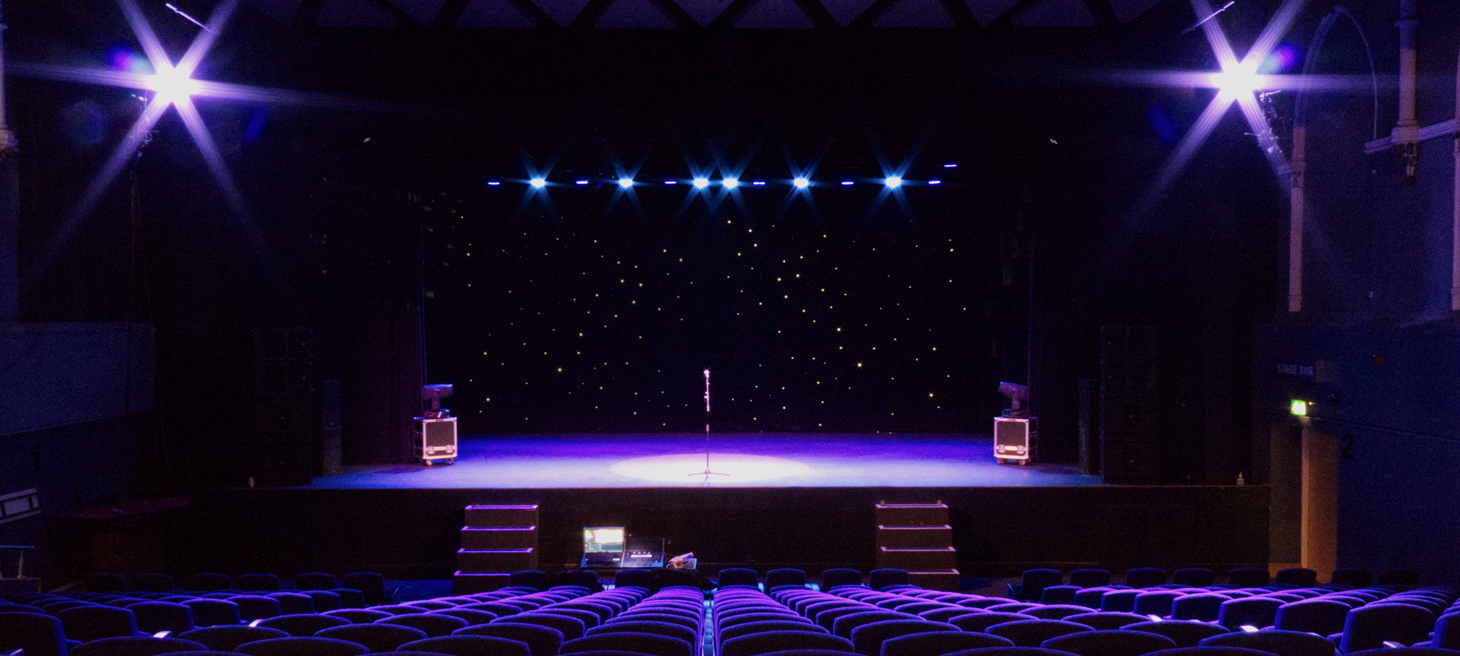 Here’s your chance to become part of the furniture at the Gatehouse for the next 10 years, with our new ‘Name a Seat’ programme.
Here’s your chance to become part of the furniture at the Gatehouse for the next 10 years, with our new ‘Name a Seat’ programme.
Whether you’re looking for the perfect gift for a loved one, mark a special moment, say thank you to a friend, or honour a fellow theatre lover, sponsoring a seat in the main auditorium is the perfect memento of happy hours spent at the Gatehouse down the years.
It might just be a memorable quote, or a tribute to your favourite act – the choice is yours.
Your support will make a big difference and help towards projects including our Gatehouse Youth Theatre groups, which give local youngsters their first taste of theatre, our Dementia Friendly Classic Film Afternoons, or our ongoing support for local community groups.
Simply choose what you’d like to say on your specially-engraved metal plaque and we’ll proudly display it on a seat of your choice for the next 10 years. The plaques are 76mm x 50mm Gilt Self Anodised aluminium plate, which can be engraved with up to four lines of text or a maximum of 75 characters.
Donations are £150 per seat (although you can add an extra amount if you wish).
You will also receive a downloadable Certificate of Thanks and a picture of the plaque in place (we will also happily arrange a visit to the theatre for you to grab your own photo).
So sponsor a seat today – and there’ll always be a part of you at the Gatehouse.
For further information, please contact the Box Office on 01785 619080.




